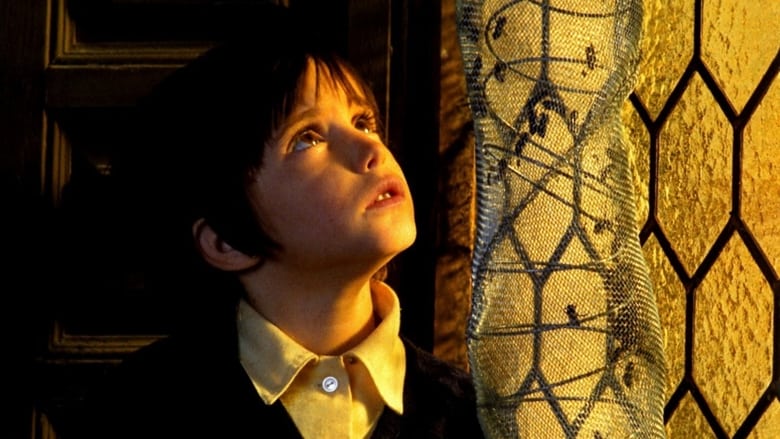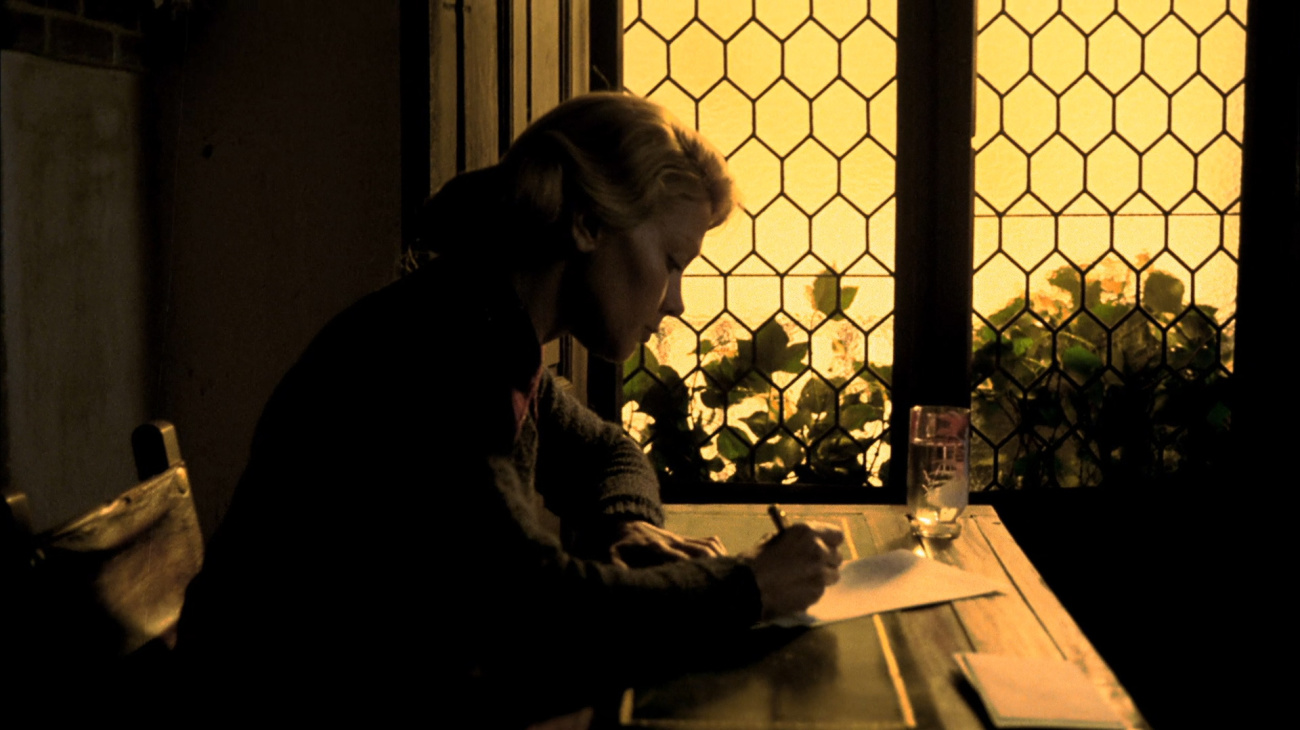← Back to Reviews

in
I think I may rekindle this thread for the occasional thought or 2.

Absolutely beautiful film. It depicts the lives of 2 sisters in Spain during the end of the Spanish Civil War. They watch the movie Frankenstein, amble about in the rural countryside, make up fantasy stories and trick each other. In that sense it's a coming of age movie but also one about socio-political events of the time and the threats to family life.
What is so stark about the film is that it uses the shots, cinematography, light, camerawork etc to do the story telling instead of dialogue. There is one scene where the mother is lying in bed, her husband wandering about in the same room, but the camera never moves away from her face, and not one word is spoken. The shot looks almost Bergmanesque and the absence of dialogue hints at a problematic relationship melded with mental suffering. In another shot we see the windows of the house bathed in yellow sunlight as the father tries to open them. The windows are honeycomb shaped - in a reference to the bees that the father keeps. Presumably Erice is saying that the family, just like any other family in Spain at this time are trapped like worker bees in a futile existence as the political regime of the time tightens it's grip on ordinary people.
Guillermo del Toro cites this as a major influence on his work, and it is easy to see why. The period, the language, the fantasy, the innocence of the children (who are remarkable in this film - their expressions and mannerisms are so natural), the political climate, the slight horror element etc etc. It's almost like a cross between Pan's Labyrinth and The Devil's Backbone.
Of the two sisters, the movie focuses on the younger - Ana and her relationship with the spirit monster that her sister has told her lives in an abandoned outbuilding in a nearby farm. This, along with large amount of symbolism (I won't even pretend to know what all the paintings represent) makes the viewer think that the loss of innocence is somehow tied to Spain finding it's feet as a nation. But I'm hardly qualified in history to confirm it.
A really beautiful film.
'The Spirit of the Beehive' (1973)
Dir.: Victor Erice
Dir.: Victor Erice

Absolutely beautiful film. It depicts the lives of 2 sisters in Spain during the end of the Spanish Civil War. They watch the movie Frankenstein, amble about in the rural countryside, make up fantasy stories and trick each other. In that sense it's a coming of age movie but also one about socio-political events of the time and the threats to family life.
What is so stark about the film is that it uses the shots, cinematography, light, camerawork etc to do the story telling instead of dialogue. There is one scene where the mother is lying in bed, her husband wandering about in the same room, but the camera never moves away from her face, and not one word is spoken. The shot looks almost Bergmanesque and the absence of dialogue hints at a problematic relationship melded with mental suffering. In another shot we see the windows of the house bathed in yellow sunlight as the father tries to open them. The windows are honeycomb shaped - in a reference to the bees that the father keeps. Presumably Erice is saying that the family, just like any other family in Spain at this time are trapped like worker bees in a futile existence as the political regime of the time tightens it's grip on ordinary people.
Guillermo del Toro cites this as a major influence on his work, and it is easy to see why. The period, the language, the fantasy, the innocence of the children (who are remarkable in this film - their expressions and mannerisms are so natural), the political climate, the slight horror element etc etc. It's almost like a cross between Pan's Labyrinth and The Devil's Backbone.
Of the two sisters, the movie focuses on the younger - Ana and her relationship with the spirit monster that her sister has told her lives in an abandoned outbuilding in a nearby farm. This, along with large amount of symbolism (I won't even pretend to know what all the paintings represent) makes the viewer think that the loss of innocence is somehow tied to Spain finding it's feet as a nation. But I'm hardly qualified in history to confirm it.
A really beautiful film.
